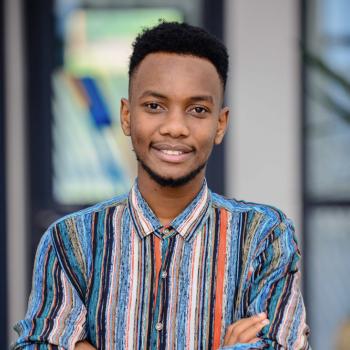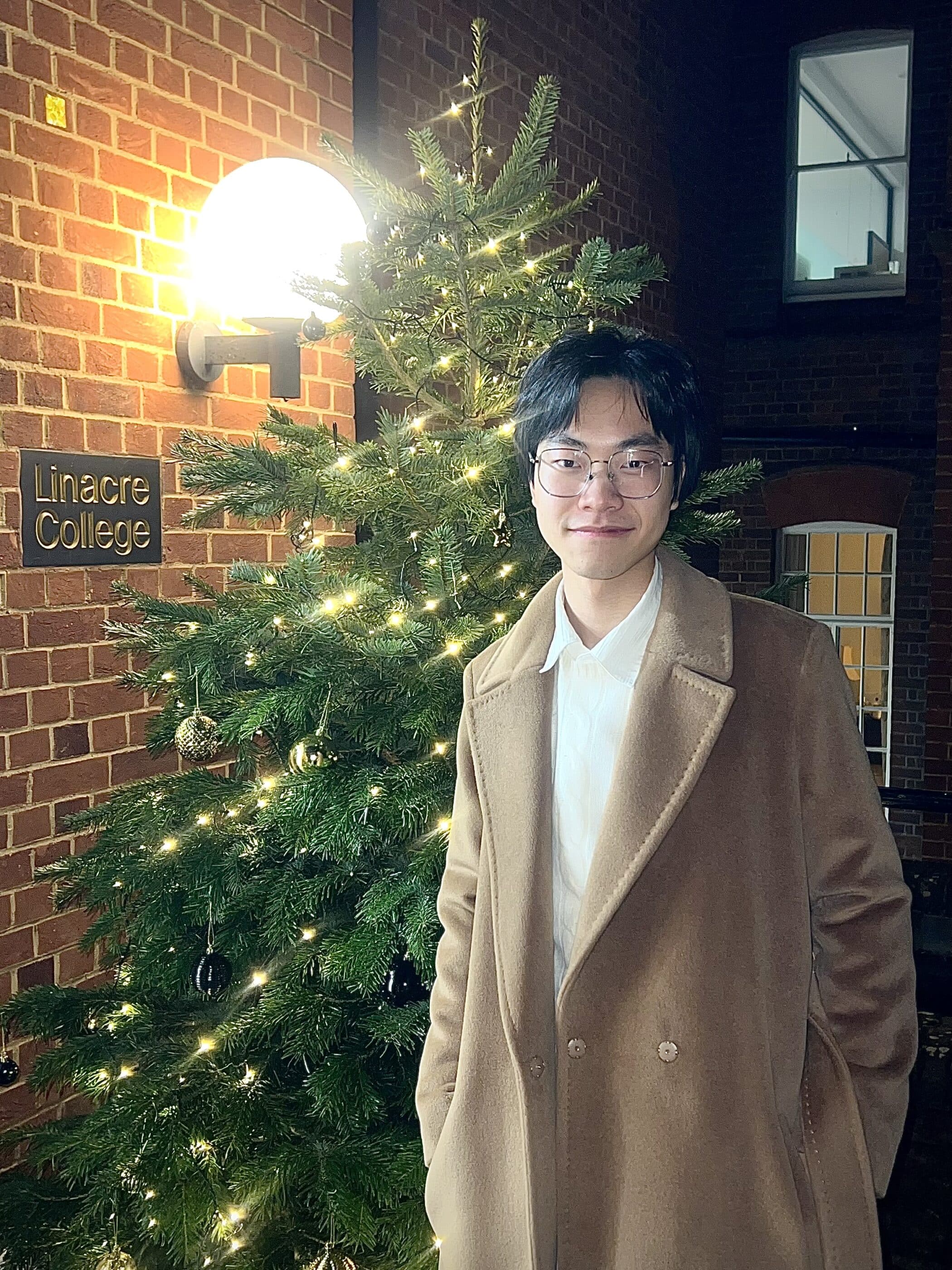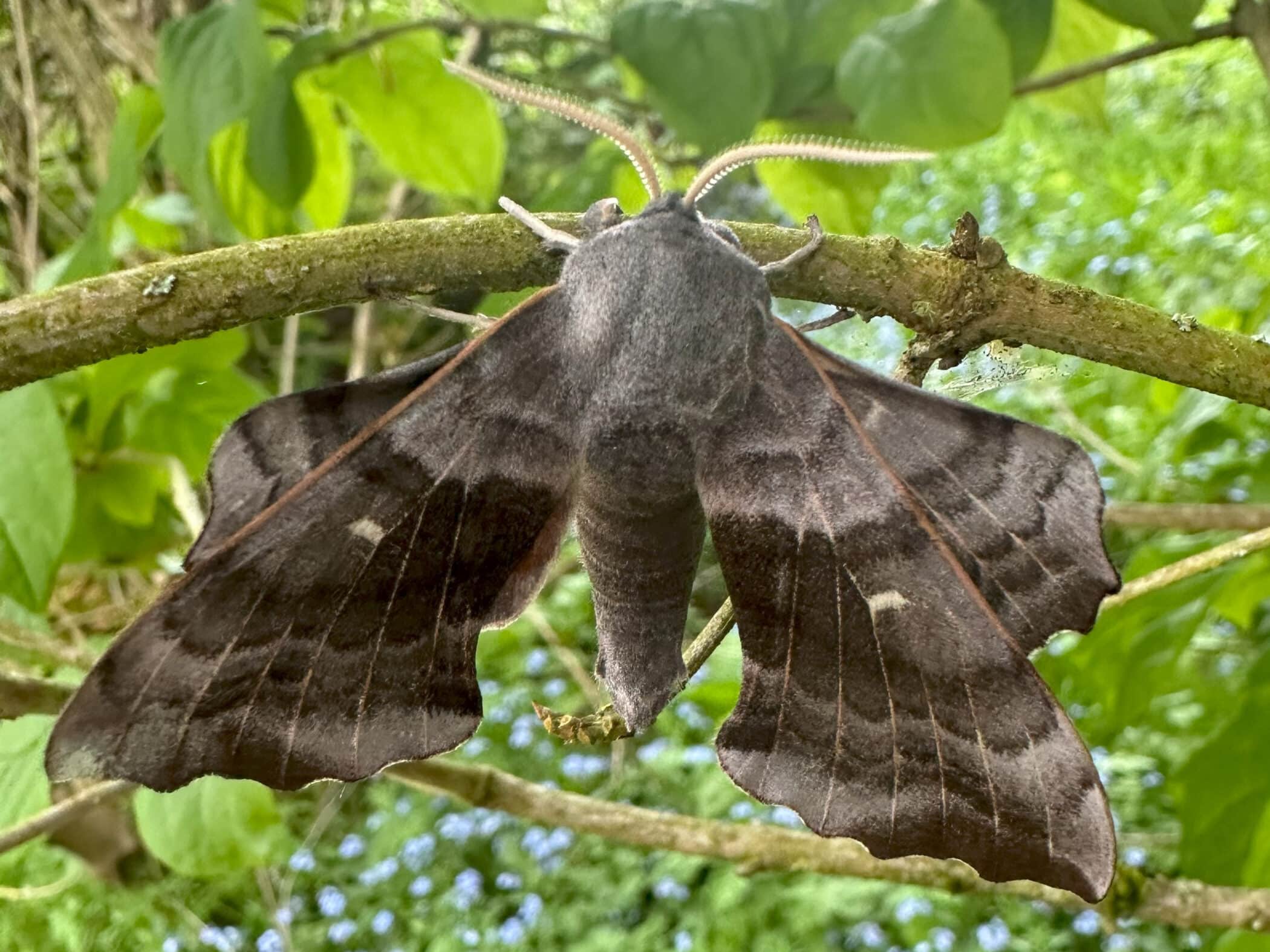Emmanuel Minja is a Mastercard Foundation AfOx scholar who is studying for an MSc in Water Science, Policy and Management at Linacre. Before coming to Oxford, Emmanuel studied for a degree in Global Challenges at the African Leadership University in Rwanda. He currently leads an initiative in Tanzania that builds the capacity for local communities to practise sustainable water resource management and is the President of the Tanzanian chapter of the World Youth Parliament for Water.
As an environmentalist with experience working with the International Union for Conservation of Nature (IUCN) and the Africa Protected Areas Congress, Emmanuel is interested in the intersection of innovation, policy and environmental management. Last month, he attended the Water and WASH Futures Conference in Australia and this month water stakeholders from around the world convened at the UN Headquarters in New York to chart ways for a better, water-secure world. In this article, Emmanuel shares his reflections from both conferences and how they will inform his work redefining water resource policy in Tanzania.
The Water and WASH Futures Conference was an eye-opener and an opportunity for me to examine the water challenges and innovations from Oceania and Southeast Asia through a closer lens. Topping the learning opportunity, I gained inspiration from what has been achieved within the communities in this region that could also work across my area of East Africa.
In Cambodia, a social venture is advancing women’s participation in the WASH sector, and the outcomes are promising. One of the presenters from Cambodia highlighted how women-led WASH teams have achieved low to no open defecation practices, attributing this to the role women play in influencing social change through their direct engagement with their communities’ day-to-day activities. The presentation put the spotlight on how this venture is engaged in incubation, advocacy and influencing as well as leadership-building for women in Cambodia. Women increasingly taking up leadership roles in the WASH sector is moving it towards a more positive future with change being implemented at grassroots level.
Indigenous cultural knowledge also stands a chance in helping to solve some of our current water challenges. In the Solomon Islands, Dr Samantha Kies-Ryan presented her work to incorporate traditional cultural knowledge to bring sustainable water management solutions. She presented the project that her organisation Earthwater People are pursuing to engage local communities in components such as community-to-catchment planning for climate-resilient WASH systems. This work has tapped into the cultural knowledge of the women from Satona village and is expected to raise the impact of women’s social development in the country.
The conference also explored scientific papers such as Chitosan application in water treatment by Tidal Vision and how mainstreaming catchment health can be a low-cost way to enable buffers against extreme impacts from climate variability. Water Scientists such as Michelle Hobbs discussed data tracing how the urgency, yet proactive catchment management offers flow, water quality and continuity for community water.
The conference allowed me to reflect on some of the key issues that are driving water discussions around the world, including at the recent water conference in New York. Funding remains a key issue and Neeta Phokreal from the Asian Development Bank, the chief of the Bank’s Water Sector Group, cheered her team for achieving a progressive mechanism to fund water projects even at a very local level stating that “Our target for 2023 is to contribute $10 billion in climate financing.” On the same panel, Saroj Kumar who is the World Bank’s Global Director for Water Global Practice, emphasised how damaging broken funding mechanisms can prove for water projects, especially in the vulnerable small states and communities of Oceania, Asia and Southeast Asia. Kumar called for innovative funding structures and government facilitation in the policies surrounding funding for water projects and made the appeal; “People around the world without water and sanitation cannot wait. We need to bring a sense of urgency to our work. Let’s put our hands together and really work together.” Both Kumar and Neeta were aligned in the need for urgency in funding of the water sector, emphasising that the water crisis is a climate crisis. Kristin Tilley, Climate Change Ambassador for Australia also talked about the need for smart investments to alleviate water challenges.
Young people have the will, the power and the skills, but often not the resources to exploit their engagement in the sector. It was notable at the event, like many other water-related conferences, that there was no specific youth-side conference – this calls for attention so that young water experts can engage hands-on in water practices. The event’s “Big Ideas Award” saw young people present their ideas to create a water-secure world, the winner receiving a small grant for their efforts but this is not enough. Young people need more than ideas, competitions and prizes. There needs to be more youth workshops in the sector, and young people should be given spaces to co-create the water action agenda, contribute to policy and influence the management of water resources which will impact their adult life. The conference offered two components that targeted youth directly, however, neither of them gave the opportunity for young people to meaningfully engage in the conversation.
The UN Water 2023 Conference did a better job of being proactive on youth voice and making spaces for young people to input through the Youth Development Plan and Agenda (YDPA).Tanzania enjoyed a fair representation at the UN-Water Conference and former President, Dr Kikwete, received an award for championing water investment in the region, including launching a blue economy investment plan in the Zanzibar islands to tap into the economic advantages of the Indian ocean resources. A ministerial delegation also presented on how Tanzania is set to implement and commit to achieving the Water Action Agenda. The Tanzanian Youth Parliament for Water joined other African and world parliaments to present the common global youth movement for water, and to communicate their commitment to reviving the youth agenda in the Tanzanian water sector.
Although governments, such as Tanzania, are undertaking laudable measures to address water challenges, gaps still exist and opportunities to make resilient water solutions are present. This is why, through the Huru Initiatives, we are learning from conferences such as the Water and WASH Futures and UN Water Conference to deliver better services for sustainable water resource management practices. We have recently launched an annual capacity-building initiative for women and we are working with local people to develop water management strategies for underserved communities in Tanzania. The biggest take home from the conference for me, however, was echoing the words of the Australian Minister of International Development who told us that “The climate crisis is a water crisis.” The magnitude of the crisis is alarming and time is of the utmost importance. Solutions are needed now.


















